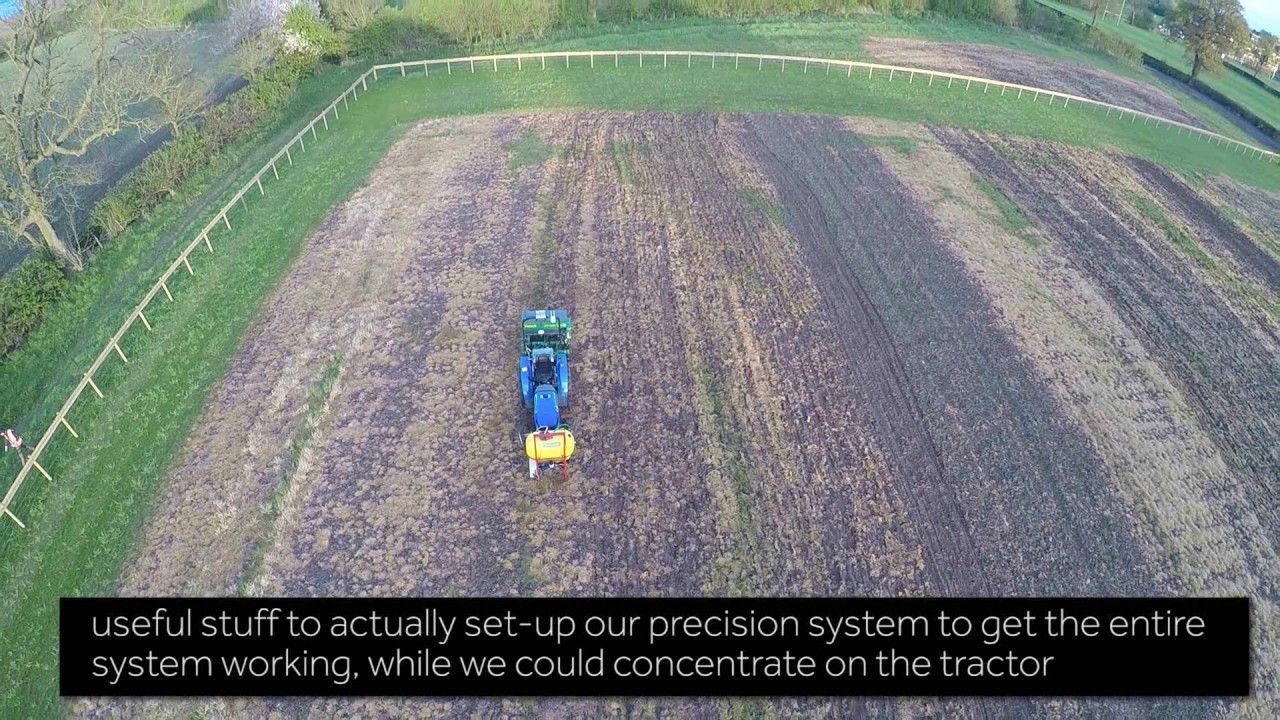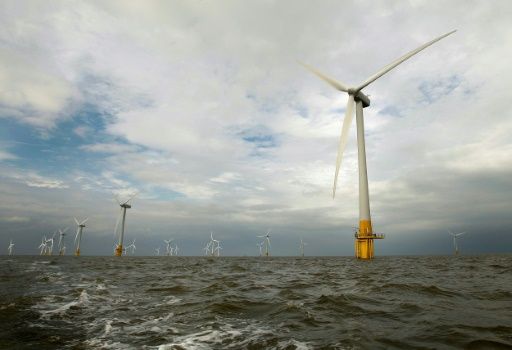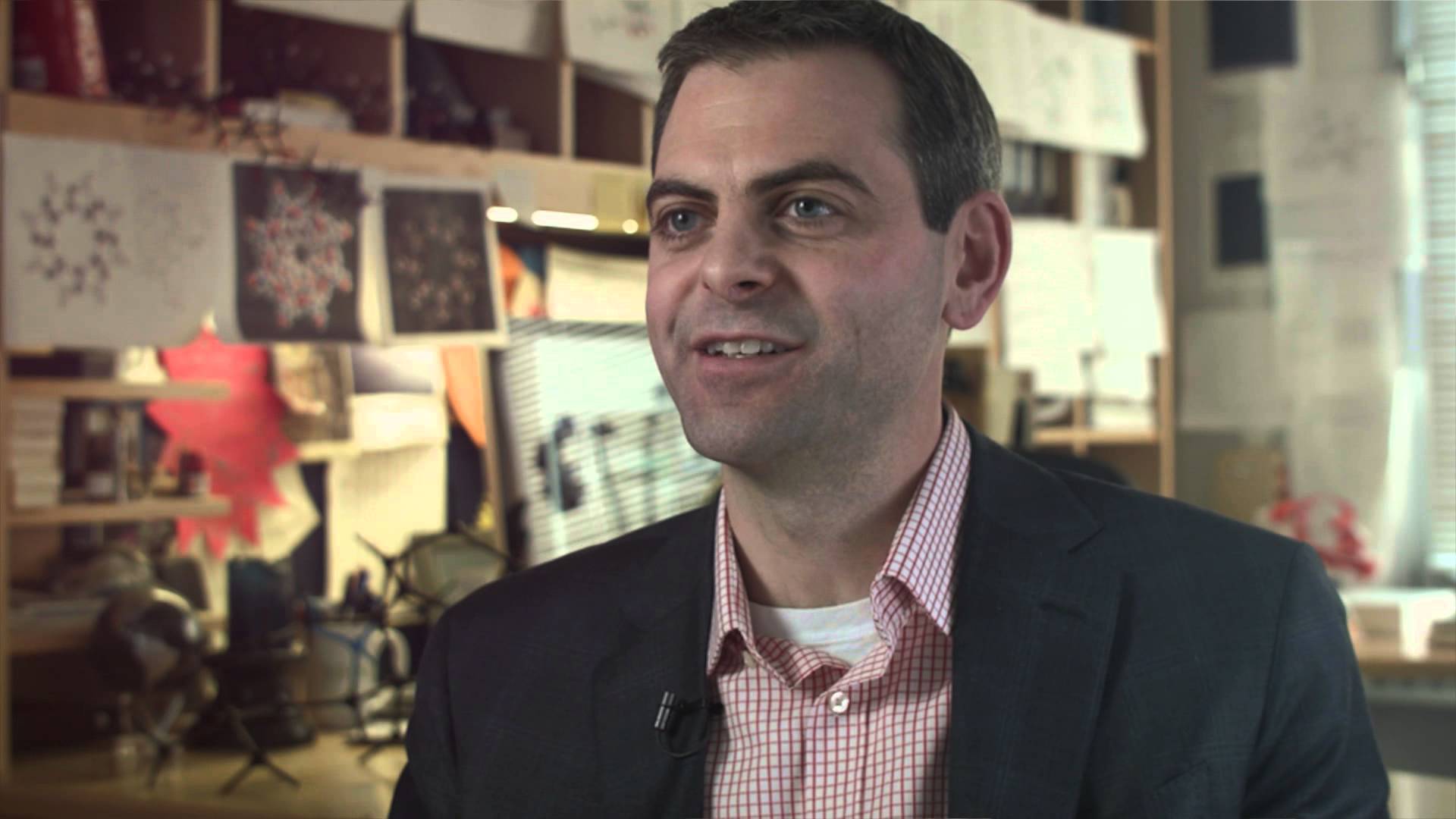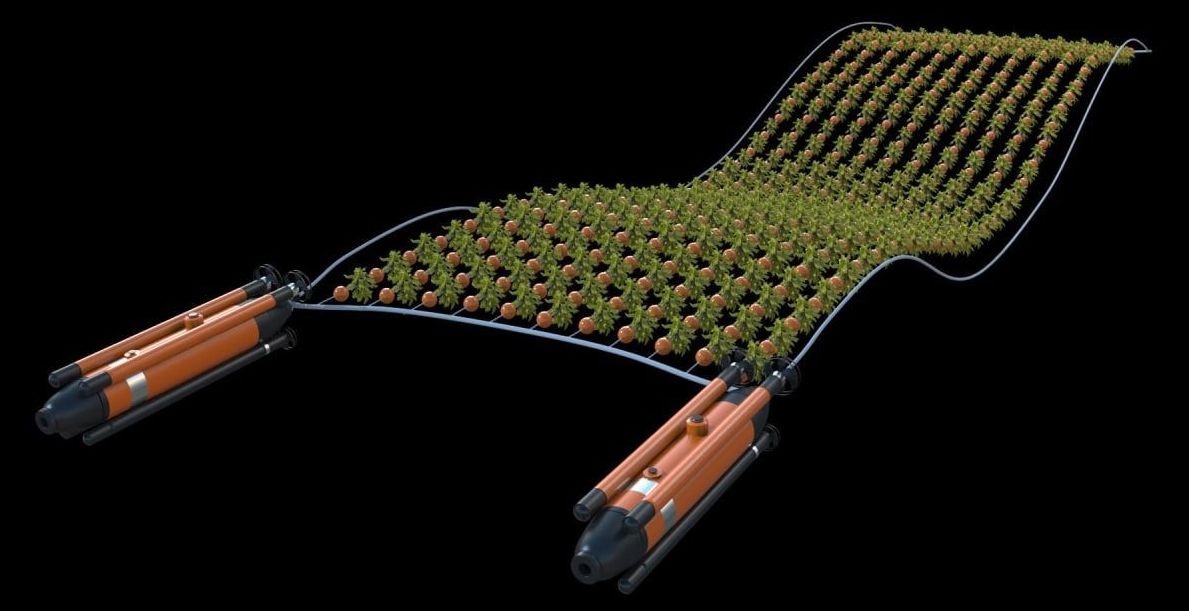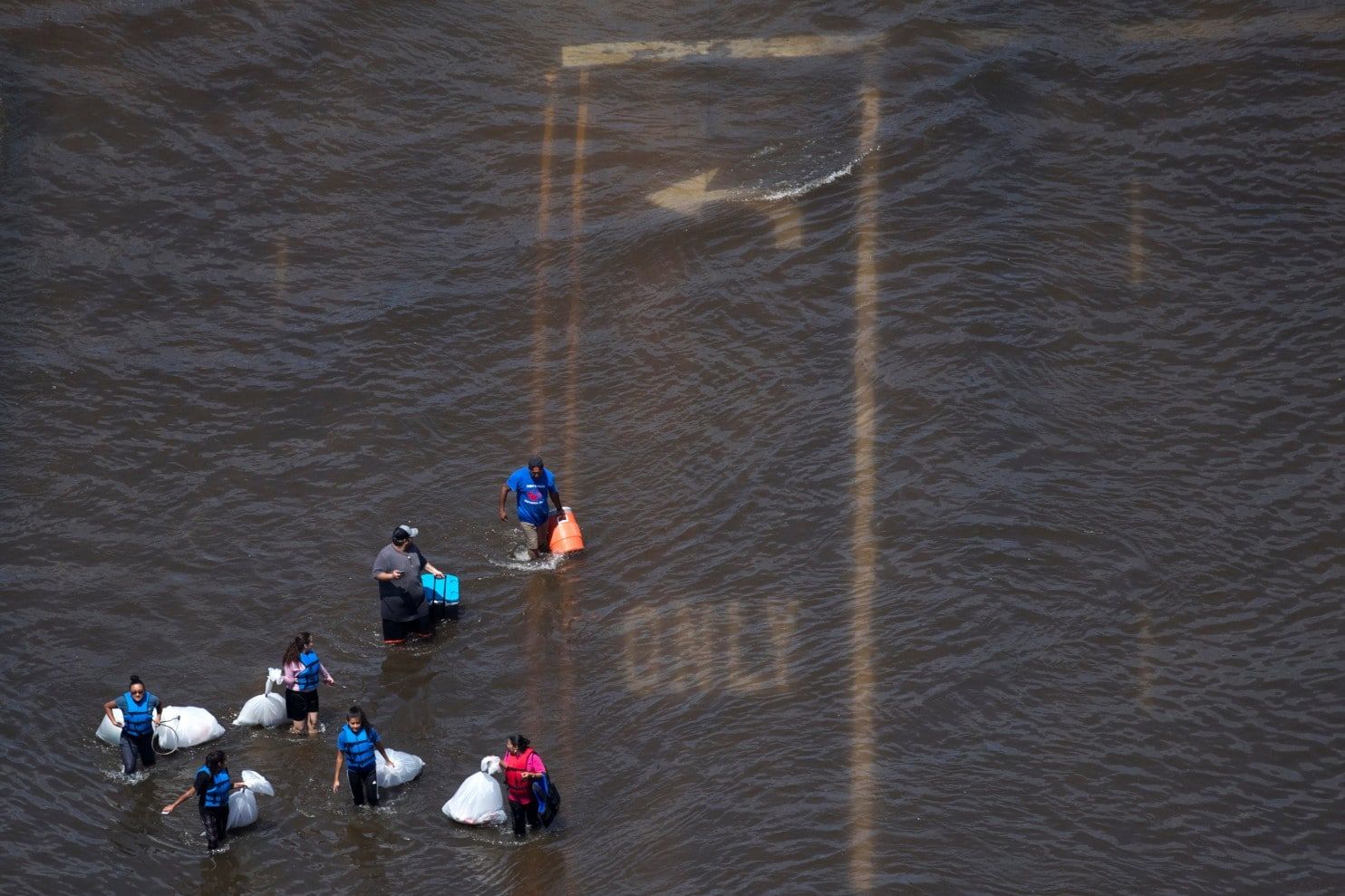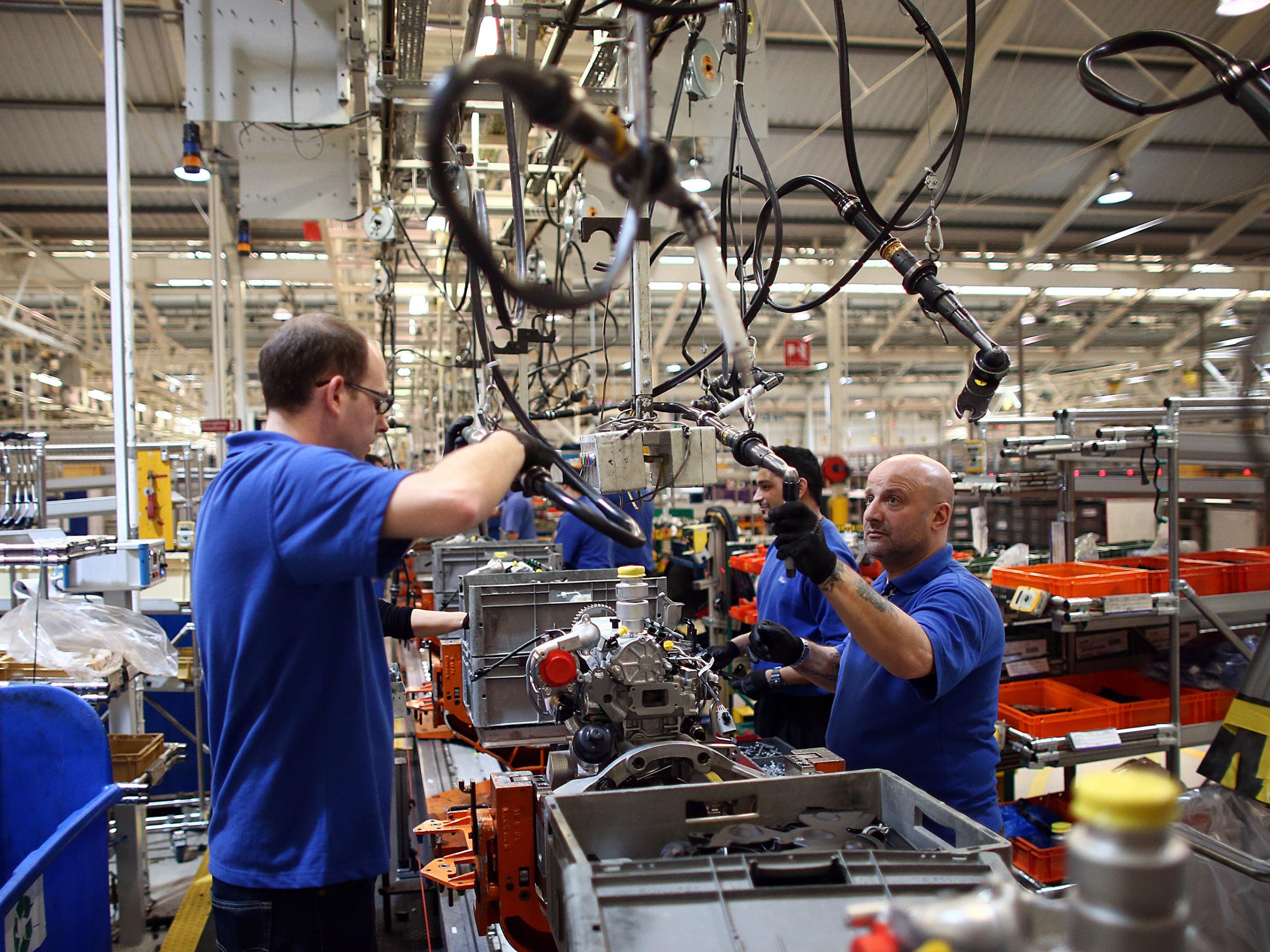
Work isn’t working anymore. Labour productivity has fallen in the UK since the financial crisis; 13.5 million people are living in low-income households; real wages are falling and the Gini coefficient, which measures inequality, is rising.
The sustainability and quality of jobs in our economy is also decreasing – 7.1 million workers now face precarious working conditions, meaning that uncertainty (and for many, anxiety) itself is now built into our employment system. According to some estimates, 30 per cent of UK jobs could potentially be automated away by the early 2030s. Depending on the sector, this will mean a remarkable reduction of required hours of human labour. With less work to go around, we will find ourselves in heightened competition with machines and each other, ever more desperate for stability.
Is this our only future? No. But in order to change it and move beyond this crisis, we first need to confront our very conception of work. For a long time we have thought of work as a matter of individual choice – a free, private agreement between a single person and an employer. You, the thinking goes, are free to pick whatever job you like as long as the employer is happy to have you on board and there are a sufficient number of jobs created by the free market.
Continue reading “It’s possible that we can build a society where people don’t have to work – here’s how” »
